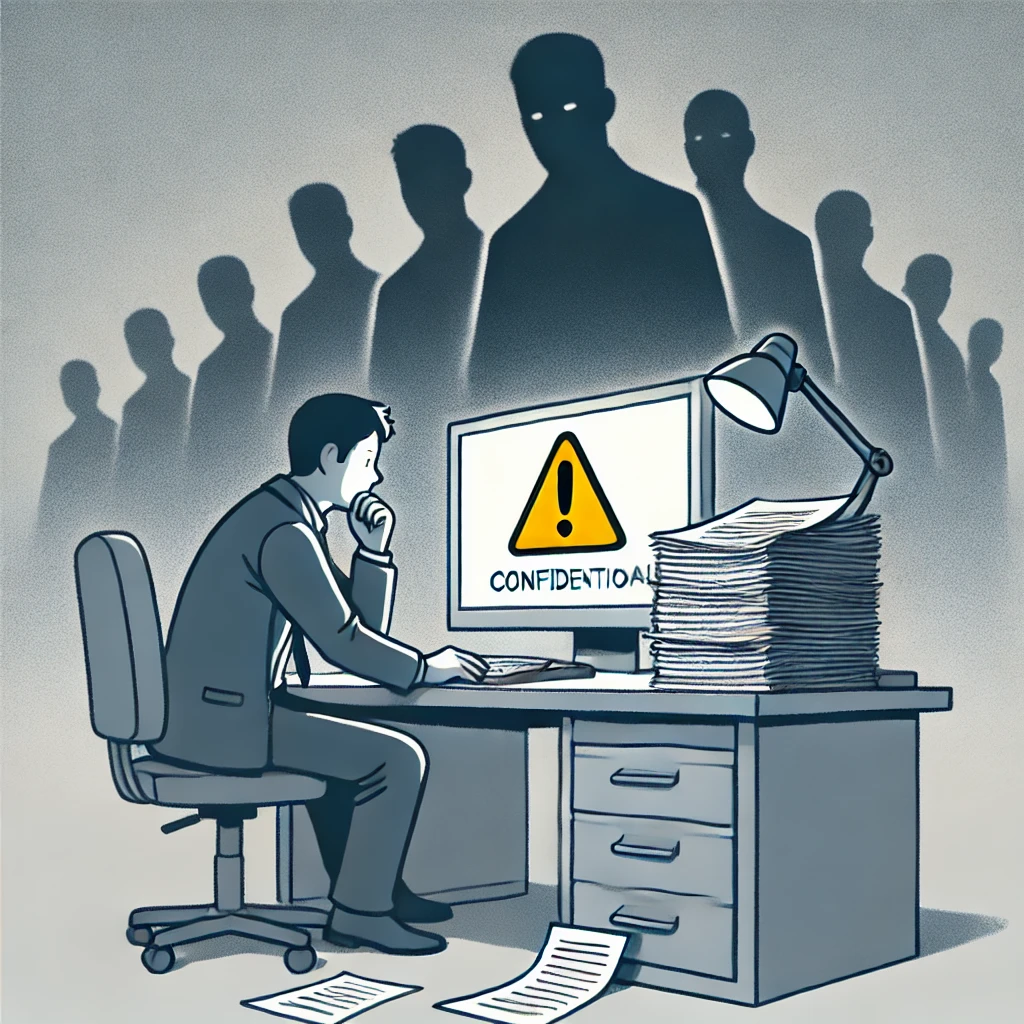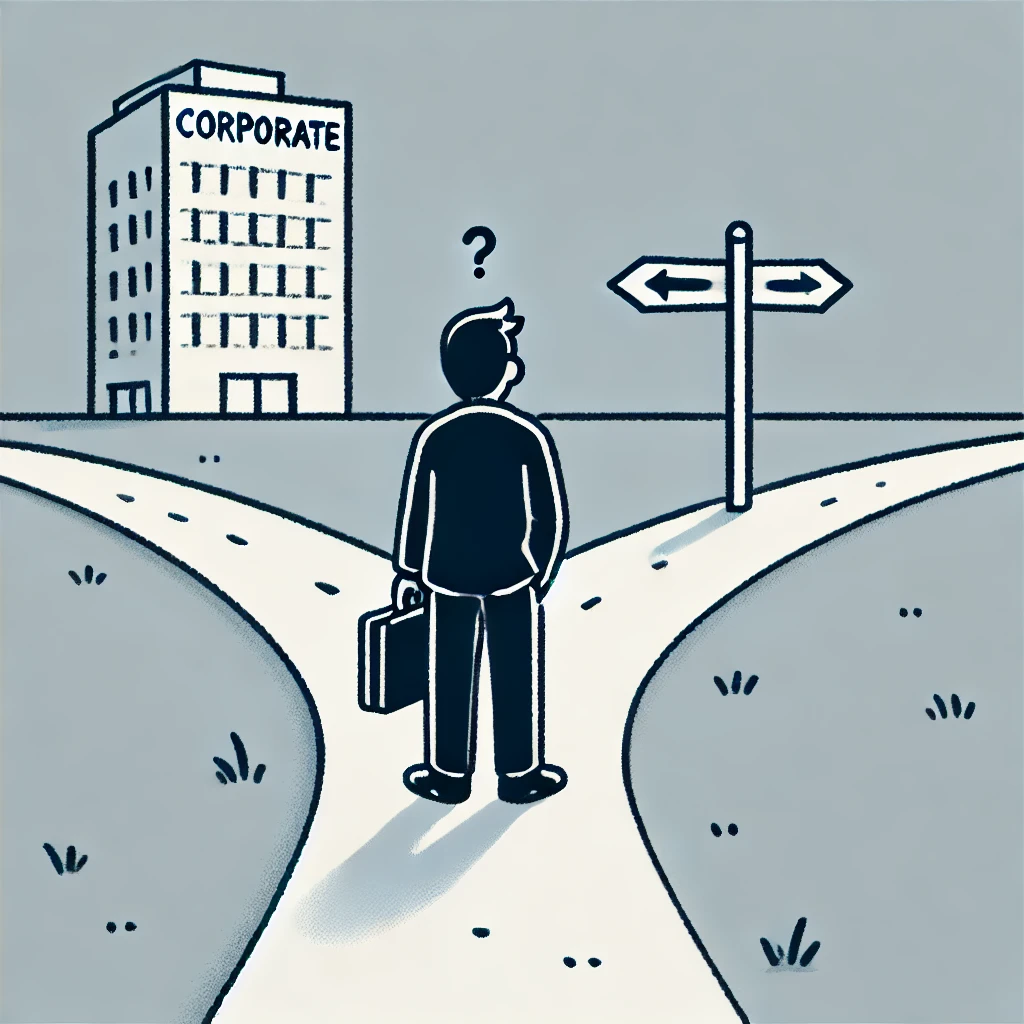So, Ontario’s looking at paying corporate whistleblowers between $1 million and $5 million to reward those who speak out against corporate fraud. Seems like a pretty solid step in the right direction, right? Well, not everyone thinks so. A lot of experts are arguing that this amount just doesn’t cut it, especially when you take into account everything corporate whistleblowers faces when they come forward. It’s not just about the money, but the emotional and professional cost of exposing corruption.

Why $5 Million Won’t Cover the Real Costs for Corporate Whistleblowers
Whistleblowers take huge risks. They might lose their jobs, their reputation, and even their personal safety when they decide to expose corporate wrongdoing. Let’s think about the infamous case of Bernie Madoff. Harry Markopolos, the whistleblower, spent years trying to get the SEC to investigate Madoff. But his efforts were ignored until it was too late. And even when he finally got some attention, he faced massive setbacks. That’s a real cost, something that’s not accounted for by a $5 million payout.
Ted, a corporate whistleblower with decades of experience, knows this all too well. He’s helped uncover massive fraud schemes and has blown the whistle on shady practices to the SEC for years. But even after all that, Ted had to fight a long, exhausting battle to get paid for his efforts. It took him eight years before he finally got an $8 million payout for his role in exposing a JPMorgan fraud. Eight years! And even with that big check, he says the cost of the battle – the legal fees, the mental toll, the constant stress – wasn’t worth it. For many corporate whistleblowers, the money doesn’t even come close to covering the damage done to their lives.
Real-Life Examples: The Emotional Toll on Corporate Whistleblowers
Let me tell you, from talking to people who’ve been through this, the financial rewards are hardly the most important thing on their minds. Take Ted’s case – he was drained even after getting the payout. By the time that checks finally hit his bank account, he was mentally and emotionally spent. It was a significant win, but it took a toll on him that no amount of money could undo. And his case is far from unique.
One whistleblower I spoke with had been working at a large company for years. After they exposed safety violations, they were ostracized, passed over for promotions, and faced endless legal battles. This person lost their career and spent years trying to rebuild their life. What payout did they receive after all that? It didn’t come close to making up for the time, effort, and pain they had to endure. When looking at a proposal offering only $5 million, you have to wonder – is that really enough for someone who has sacrificed so much?
Why Compensation for Corporate Whistleblowers Should Be More Than Just Financial
Corporate whistleblowers aren’t just filing reports because they want a payday. They’re taking a stand against corporate fraud and corruption, often putting their careers and personal lives on the line to do it. It’s more than just about collecting evidence; it’s about standing up for what’s right, even when the consequences can be devastating. That’s why a one-time financial payout of $5 million just doesn’t reflect the full scope of what these individuals go through.
Take it from experts in the field. Edward Siddell, who’s worked in forensic investigations for over 35 years, says that financial rewards are significant but shouldn’t be the primary focus. “You shouldn’t have to bear all the costs for doing the right thing,” he says. The emotional and psychological toll of whistleblowing often gets overlooked, and that’s tough to put a price tag on. And yet, many whistleblowers still end up with little to show for their efforts while companies continue to profit from the fraud they expose.

The Bigger Picture: Is Whistleblowing Becoming a Business Model?
Here’s where it gets interesting – should whistleblowing be considered a “business model”? Once financial incentives are thrown into the mix, people might view corporate whistleblowers less as heroes and more as opportunists. Some argue that a monetary reward system can create a corrupt culture where money motivates individuals more than justice. Still, Ted’s case highlights an important reality: without those rewards, we might not get the information we need to stop fraud.
However, as a business model, it’s risky. The odds of actually receiving a payout are slim. For every successful case, dozens – if not hundreds – of whistleblowers don’t get rewarded. In fact, less than 0.002% of those who report fraud actually see any compensation. The process is long, stressful, and uncertain. For many, the risk simply doesn’t match the reward, and that’s why experts believe Ontario’s proposal needs to be rethought.
Fighting a System That Often Doesn’t Want to Listen
And let’s not forget how difficult it is for corporate whistleblowers even to get their cases heard. When they come forward with information, they’re often met with resistance, dismissiveness, or even hostility. Ted’s experience with the SEC is a perfect example. He struggled to get attention on his tips for years, even though he had solid evidence of fraud. Only after years of persistence did he get the recognition he deserved. But even with that, he had to endure nearly a decade of legal and financial battles.
Whistleblowers like Ted are crucial to stopping corporate fraud, but the systems that should protect them often treat them as nuisances or enemies. Ontario’s proposal needs to do more than just offer money. It needs to create a comprehensive support system for whistleblowers that includes legal protection, emotional support, and a more realistic financial compensation structure.
Author: James W. Carter
Bio: James W. Carter is a corporate compliance expert and investigative journalist with over 20 years of experience covering fraud, regulatory issues, and whistleblowing cases.

